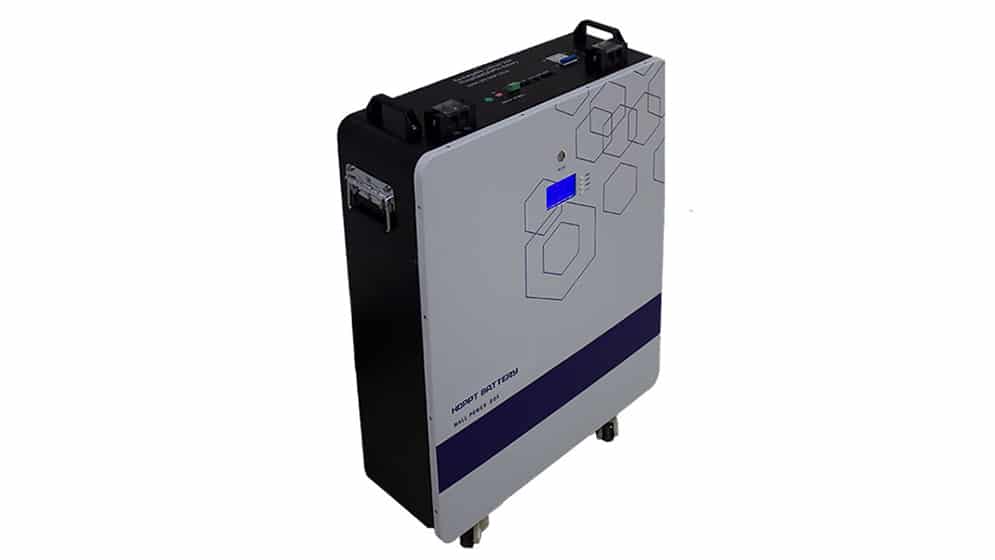- Curved Lithium Polymer battery
- Fast Charge Polymer Battery
- Flexible Polymer Lithium Battery
- Ultra-thin Polymer Battery
/ Blog / Battery Knowledge /
How to Make Your Battery Last Longer
18 Dec, 2021
By hoppt

Lithium batteries have taken over the world and are found in practically everything – from electric vehicles and power tools to laptops and cellphones. But while these energy solutions operate efficiently for the most part, problems like exploding batteries can be a concern. Let’s take a look at why lithium batteries explode and how to make batteries last longer.
What Are the Reasons for The Explosion of Lithium Batteries?
Lithium batteries are designed to be lightweight but produce high power outputs. Due to the lightweight design, the components of a lithium battery usually contain a thin outer covering and cell partitions. This means that the coating and partitions – while an ideal weight – are also relatively fragile. Damage to the battery could cause a short and ignite the lithium, causing an explosion.
Generally, lithium batteries explode due to short-circuiting problems that happen when the cathode and anode come into contact with each other. This is usually caused by a default in the partition or separator, which could be the result of:
· External factors like extreme heat, e.g. when you place a battery close to an open fire
· Manufacturing defects
· Poorly insulated chargers
Alternatively, lithium battery explosions could result from thermal runaway. Simply put, the component contents get so heated that they exert pressure on the battery and cause an explosion.
Development of Explosion-Proof Lithium Battery
A lithium battery is very efficient at storing power and, in small doses, it can keep your phone, laptop, or power tools working all day. However, a sudden energy release can be devastating. This is why a lot of research has gone into developing explosion-proof lithium batteries.
In 2017, a team of scientists from China developed a new lithium-ion battery that was both water-based and explosion-proof. The battery met all the standards for technology like laptops and cellphones without being subject to the risk of exploding.
Before the development, most lithium batteries were utilizing non-aqueous electrolytes. The electrolytes are flammable under a 4V voltage, which is the standard for most electronic equipment. The team of researchers was able to circumvent this problem by using a new polymer coating that eliminates the risk of the solvent in the battery becoming electrolytic and exploding.
What Are the Applications of Explosion-Proof Lithium Batteries?
One of the most notable applications of explosion-proof lithium batteries is the Atex systems developed by Miretti for forklifts. The company successfully produced an explosion-proof battery solution for vehicles that are powered by lithium iron phosphate batteries.
The vehicles themselves come in handy in the food and chemical industries where high level performance is required for the entire duration of the manufacturing processes. Generally, the explosion-proof lithium battery powered forklifts ensure that industries can operate at maximum power at no risk of explosions. They also make it possible to perform multiple shifts at once.
Conclusion
Lithium batteries are lightweight, compact, efficient, resistant, and contain significant charge. Because they power most of the items around us, learning how to make battery last longer is crucial to preventing explosions, which could have devastating effects. Remember, lithium battery accidents are rare but they can happen so keep an eye on your charging methods and choose quality every time.



